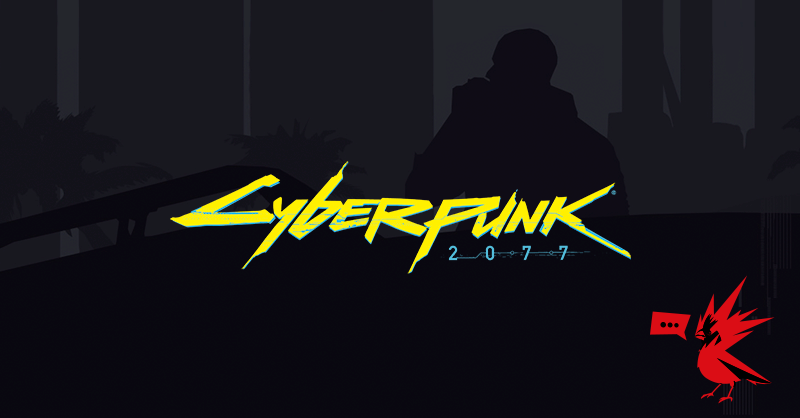God- every *dribbler* misunderstands what a morality system actually is, and why it only applies to certain types of fiction.
In GTA the morality system is baked into the world- do a crime and civilians and police respond. If there was no morality, as the mouth breathers in this thread proclaim is *good*, GTA would have no police or response to chaotic acts. In other words it would be like living in the poor areas of Mexico or Brazil.
Some people are natural born *psychopaths*. Those crying about game judgements have pretty much identified themselves as such. Why else would Dishonored (1) come under attack.
However, some RPG games spin in other directions- just as some shows/films about crime/criminals do *not* have constant reference to the police, or major police characters in the cast.
No-one thought Cyberpunk was going to be whether you are a 'good' or 'bad' person in a simple constantly measured sense. Instead there will be the usual baked in morality tales CDPR is so good at.
But in a game like Skyrim, *not* punishing theft would be a massive mistake- in Fallout 3 the good/bad meter was designed to allow one to monitor one's own character progression.
Those in this thread who say "I do not want to be judged" are the very types we should be judging- and very closely to. *Not* because what happens in fantasy can every be wrong- it cannot. But because these real life people, by hating judgement wholly within the fantasy world (where it is internally consistent) are proving they cannot distinguish between fantasy and reality.
If I play as a *bastard* in a game, and the game turns around at the end and sez "you (your avatar) is a bastard" I say "thanks for noticing". Anything else would be bad coding and a pointless experience.
Yet *psychopaths* will scream their outrage at moral judgements even in a wholly synthetic environment. They want to think the rest of us don't notice their psychopathy, and hence they can get away with very scary behaviours in the real world too.
Take to an exterme "I've just dropped an American nuke on Tehran murdering in excess of one million Humans, but that doesn't make me a bad person". And today, the US armed services are looking to employ hundreds of thousands of American psychopaths who think like this.
PS I've always thought video games are an excellent tool for truly identifying psychopaths. I usually play 'good', but if I role-play 'bad' I hope the game has well coded paths to fully spin a narrative that recognises that path as well.
In Witcher 3 I played 'good' yet got the 'bad' ending- and my only response was a carefully pondering of why CDPR judged my particular choices that way. In real life the *same* complications occur when we can try to make good choices, yet find ourselves misunderstood by those that judge us. I certainly never ranted "how dare CDPR judge me" like all those dribblers did when getting the 'bad' ending in Dishonored.
The difference bewteen offering a gamer a good/bad meter, and embedding the same within the game's systems is scientifically *identical*- the only difference is how easily you can measure the value at any given moment in the game. A good/bad meter *can* make a gamer somewhat paranoid and self conscious which is why Witcher, Metro, Dishonered etc bury the meter, even tho it still exists.
To better understand Cyberpunk, think Noire Detective fiction. The hard boiled heroes are forever slapping the dames, threatening informers, and pulling out their gun. But in reality they are modern knights of *absolue* justice, working harder to push that needle against ultimate good than any other player. Yet dribblers like these men cos they think they represent shades of grey.
Geralt is 100% in the mould of Philip Marlowe- tho I wouldn't expect the illiterates who moaned about Dishonored to know this.
But will you be able to play a true immoral bastard in Cyberpunk? That's the *real* question. And that is *only* possible if the game *does* implement a morality system. Since CDPR has said no morality system, expect another baked geralt-type narrative, where you *must* be a fundamentally good guy who can make less good choices but no more than that.


